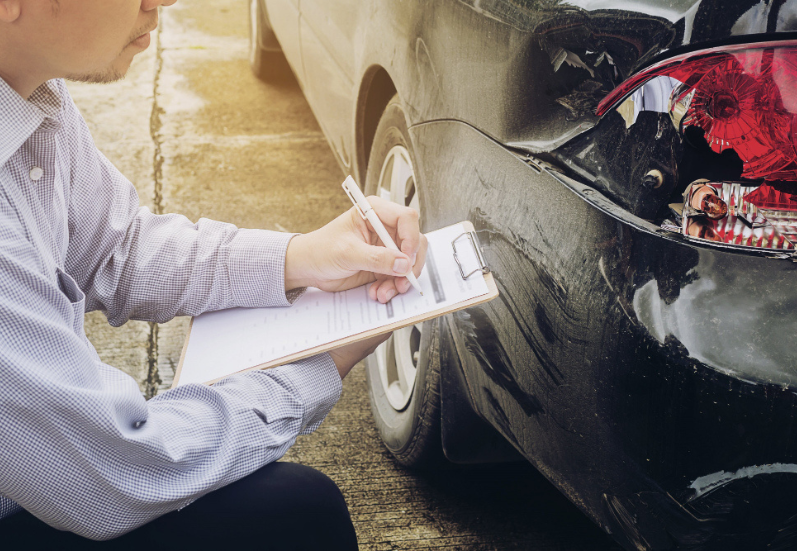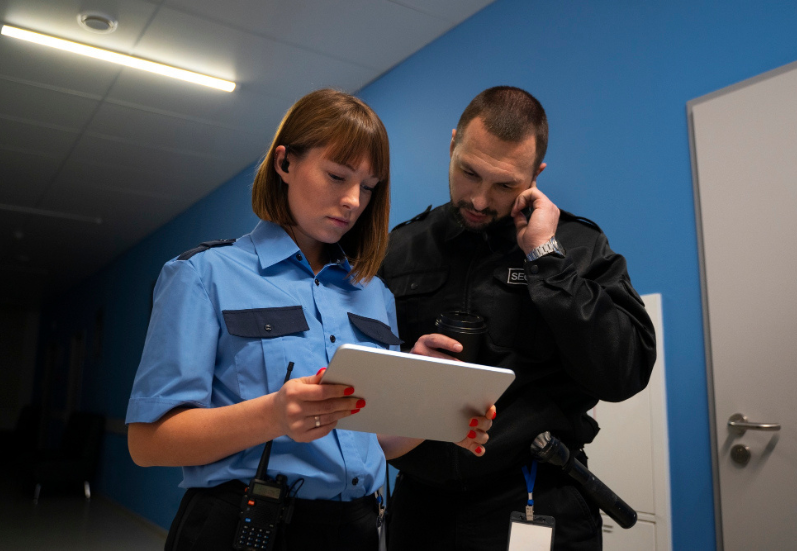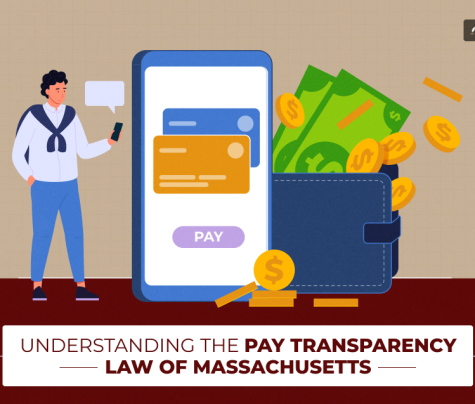
In case you’re wondering how police reports in car accident claims work, you are not the only one! You see, when you get involved in a car accident, it is a stressful experience.
Once everyone is safe, you start facing the overwhelming task of dealing with insurance, repairs, and paperwork. And let me tell you something! One of the most important documents that you might need for filing your insurance claim is the police report.
This official record helps establish the facts of the incident, determine fault, and provide an objective perspective—especially valuable if there’s any dispute.
Hi. In today’s blog, I will explain why police reports are so important in car insurance claims and how your lawyer uses them to your advantage.
Additionally, I will also tell you what to do to make sure your report supports a smooth and fair resolution.
So, if that is something that you wanted to know, you have come to the right place! Therefore, keep on reading this blog till the end, and thank me later…
What is a Police Report?

A police report is a formal document that officers prepare after responding to the scene of an accident. It typically includes:
- Date, time, and location of the incident.
- Statements from all drivers and witnesses.
- Contact and insurance details.
- A description of the damage to each vehicle.
- Any observed violations or contributing factors.
- Road and weather conditions.
- The officer’s preliminary assessment of who may be at fault.
This report is a crucial third-party record that insurance companies rely upon during the claims process.
Why are Police Reports in Car Accident Claims Important?
There are several reasons why police reports become really important in a claim. Some of them are as follows:
Objective Documentation
Accidents can quickly become a case of “your word versus theirs.” A police report adds an independent, factual account of what happened, based on observations made by a trained law enforcement officer at the scene.
This objectivity is especially helpful when:
- Drivers offer conflicting stories
- There’s limited or no video evidence
- Emotions are high, and memories are unclear
Insurers use the report to establish a timeline, determine fault, and support decisions about compensation.
Clarity Around Fault
Determining who caused an accident is often the most complex and contested part of a claim. Fault influences the approval of the insurance payout.
Additionally, it also determines who pays and whether there is any effect on the policyholder’s no-claims bonus. Furthermore, police reports provide key details that help insurers assign responsibility.
Some of these are:
- Position of vehicles.
- Traffic signs or signals.
- Skid marks or points of impact.
- Eyewitness accounts.
- Evidence of traffic law violations.
While the police report doesn’t legally decide fault, insurers use it as a highly credible resource.
Fraud Prevention and Dispute Resolution
Sadly, insurance fraud is a reality. Some drivers exaggerate damages, claim false injuries, or distort events to avoid blame. In these situations, a police report acts as a critical safeguard.
Additionally, because an unbiased third party creates it at the scene, it can:
- Verify facts and timelines
- Discredit exaggerated or fabricated claims
- Provide backup in the event of a formal dispute or complaint
This is particularly helpful in cases involving hit-and-runs. Additionally, it can also help you in staged accidents or contradictory witness statements.
Speeds Up the Claims Process
Without a police report, your insurer may need to launch a longer investigation, request additional documentation, or interview more parties to clarify what happened. This can delay approval, repairs, or replacement.
Submitting a police report early helps:
- Provide a clear narrative of events
- Reduce time spent validating claims
- Speed up damage assessments and settlement offers
Having the right documentation from the outset helps your insurer process your claim efficiently and with confidence.
Supports Legal Proceedings (If Needed)
In some situations—especially those involving injuries or significant financial losses—a car accident may lead to legal proceedings. In those cases, a police report becomes a vital piece of evidence.
It can:
- Support your version of events
- Serve as a neutral summary of the incident
- Help your solicitor or legal representative build your case
- Influence a court’s understanding of liability
Even if you don’t plan to take legal action, having that documentation on file helps protect your interests.
How to Obtain a Police Report?
After an accident, police usually file a report within a few days, though this can vary depending on your location and the severity of the incident.
To obtain your report:
- Contact the police department that responded to the scene
- Provide the date and location of the accident, along with your vehicle registration number
- Request the report online (if available in your area), in person, or by post
- Be ready to pay a small administrative fee in some cases
Tip: Request the report as soon as it’s available. The sooner you can provide it to your insurer, the better.
What If No Police Were Called?
In some minor accidents, people might not have called the police. These generally happen when there is no serious injury or when both parties agree on what happened.
While that’s legal in many cases, not having a police report could slow down your insurance claim.
If the accident was serious enough to cause injury or major damage, or if the other driver is uncooperative, it’s strongly recommended to call the police. This ensures an official record exists to support your claim later.
Police Reports Are for Insurance—Not PCP Finance Claims
It’s important to understand that police reports are strictly relevant to car insurance claims, not to unrelated financial matters like PCP mis-selling claims.
If you’re on a Personal Contract Purchase (PCP) agreement and believe the finance was mis-sold—for example, due to hidden commissions or poor affordability checks—you may be entitled to compensation.
This is known as a PCP refund, but it has nothing to do with your car insurance or your insurance claim process. It’s handled separately through legal or financial claims specialists.
That said, some drivers only start looking into their PCP agreement after a major accident, when they’re reviewing their full financial picture.
So while a PCP claim doesn’t involve a police report, it’s still something worth being aware of — especially if your accident prompts a closer look at how your vehicle was financed.
Wrapping It Up!
A police report is one of the most powerful tools you can have when filing a car insurance claim.
It provides an impartial, detailed account of the incident, supports a faster and fairer claims process, and offers protection against disputes or fraud.
Whether you’re dealing with vehicle repairs, liability disputes, or potential legal follow-ups, a police report brings clarity and credibility to your case.
And while it has no role in financial matters like mis-sold PCP claims, it remains one of the most important documents in the world of car insurance.
If you’ve been in an accident, prioritise safety first—then make sure a police report is filed and requested as soon as possible.
With that report in hand, you’ll be in a far stronger position to protect your interests, speed up your claim, and move forward with confidence.
Read Also:
- Hit by an Uninsured Driver in Kentucky? Here’s What They Don’t Tell You
- Hit and Run Cases: How Long Will It Take For the Police to Find Culprits?
- Does and Don’ts When Reporting a Drunk Driver



![Understanding The Pay Transparency Law Of Massachusetts [2026 Guide]](https://lawyersinventory.com/wp-content/uploads/2026/02/massachusetts-pay-transparency-law-100x100.png)







0 Reply
No comments yet.